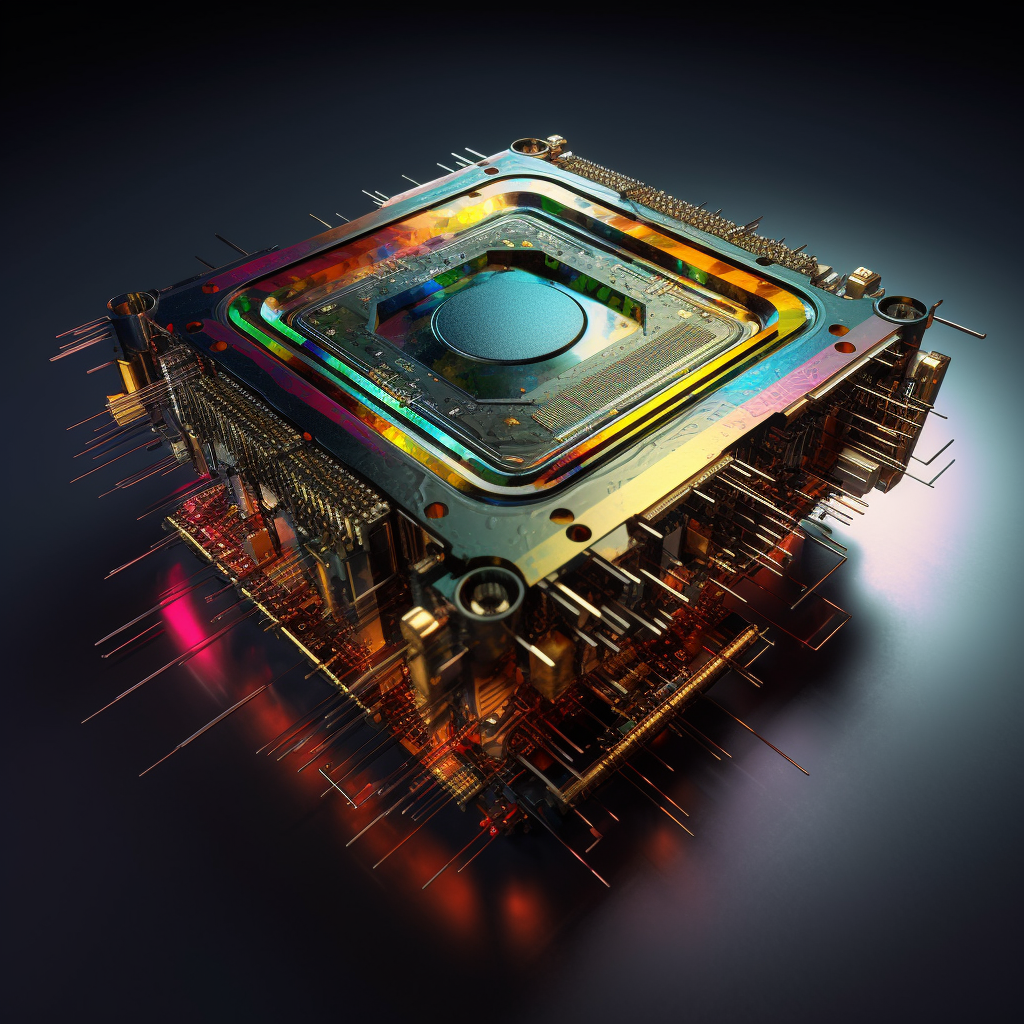October 10, 2023
Addressing the AI Chip Shortage – OpenAI Explores Building its Own Chips and Collaboration with Chipmakers
Book a Demo
OpenAI, the renowned artificial intelligence research laboratory, is considering a remarkable move to create its own AI chips. With the shortage of expensive AI chips becoming increasingly apparent, OpenAI is exploring various options to address this issue and ensure a steady supply of necessary hardware.
One option being considered is the development of its own AI chips, a move that would align OpenAI with tech giants like Google and Amazon, who have also ventured into chip design. This strategic decision would grant OpenAI more control over its hardware requirements and potentially reduce costs in the long run.
However, building custom chips is a complex and costly endeavor, which means that even if OpenAI decides to pursue this path, it may still rely on commercial providers like Nvidia and AMD in the short term. These established chipmakers have the expertise and infrastructure to meet OpenAI’s immediate needs while the development of custom chips is being explored.
CEO Sam Altman has stressed the importance of acquiring more AI chips for OpenAI, highlighting the scarcity and high costs associated with this crucial hardware. To bolster its chip supply, OpenAI has not only considered building its own chips but has also evaluated potential acquisition targets. By acquiring a target company, OpenAI could gain access to additional chip resources and further strengthen its AI chip strategy.
Furthermore, OpenAI has engaged in discussions with chipmakers like Nvidia to mitigate the shortage of expensive AI chips. This collaboration would involve working closely with established chipmakers to ensure a steady supply of high-quality hardware for OpenAI’s research and development efforts.
The significance of AI chip technology for OpenAI’s generative AI capabilities is underscored by its reliance on Microsoft’s supercomputer, which utilizes Nvidia’s GPUs. This dependency further emphasizes OpenAI’s need for a consistent and reliable supply of AI chips to continue pushing the boundaries of AI research.
OpenAI’s consideration of creating its own AI chips and assessing potential acquisition targets reflects the urgency to address the shortage of expensive AI chips. By exploring various options such as building custom chips, collaborating with chipmakers, and diversifying its suppliers, OpenAI aims to secure a stable supply of AI chips to fuel its groundbreaking research and development initiatives.



